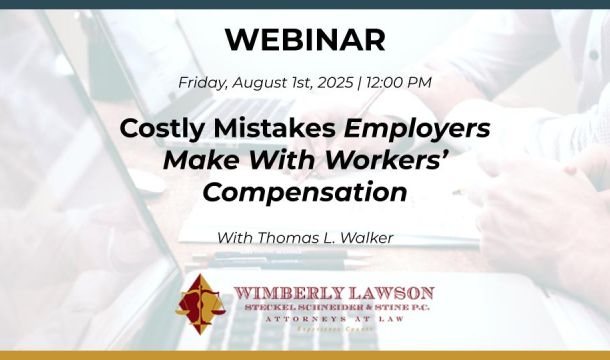PLAINTIFF TERMINATED FOR FAILURE TO BE A "TEAM PLAYER" GETS JURY TRIAL
Some employers feel they can assign a certain name or description to an employee termination, and that courts will say it is ok. Terms such as "don't need you anymore," or "the job has been eliminated," "poor attitude," and "not a team player" are often used. Unfortunately, the use of such terms by an employer does not always guarantee an employer's success when a terminated employee sues for discrimination.
In a recent case, a chief executive testified that the primary reason he terminated the Plaintiff was based on her on-going failure to work as a team player, an issue which culminated in a series of combative emails sent by Plaintiff to the chief executive and other members of management. The Plaintiff contended that such reasons for her termination were a pretext, because several male executives also expressed dissatisfaction with management but were not terminated. The court ruled that the Plaintiff might establish discriminatory disparate treatment in this situation, and a reasonably jury could conclude her expressions of concern were similar to those of two male executives who voiced similar concerns but were not terminated.
In addition, while the chief executive testified that he counseled the Plaintiff multiple times over eighteen (18) months about not being a team player, the Plaintiff denied there were such counseling sessions. Further, the chief executive's credibility was undermined since he testified in his deposition that he took contemporaneous notes of the meetings, and the Plaintiff later proved through the use of an expert that the notes were not originals. Confronted with this information, the chief executive had to admit he had copied the notes from originals in his possession, and then destroyed the originals. He explained this was his routine note-taking habit and that he considered the rewritten notes to be the originals. The court found that this misrepresentation of the nature of his notes undermined his credibility in his stated reason in firing the Plaintiff, and raised a factual issue of pretext for the jury to determine. Potter v. Synerlink Corp., 122 F.E.P. Cases 810 (C.A. 10, 2014).
Related Content
Get Email Updates
Recent Content

How to Audit Employment Discrimination Laws Compliance

TPS Update (As of 6/17/2025)

TPS Designation for Honduras and Nicaragua Automatically Extended, But the Date is Uncertain

President Trump Discourages Criminal Enforcement of Agency Rules

Supreme Court Suggests Trump Can Fire Agency Heads without Cause

